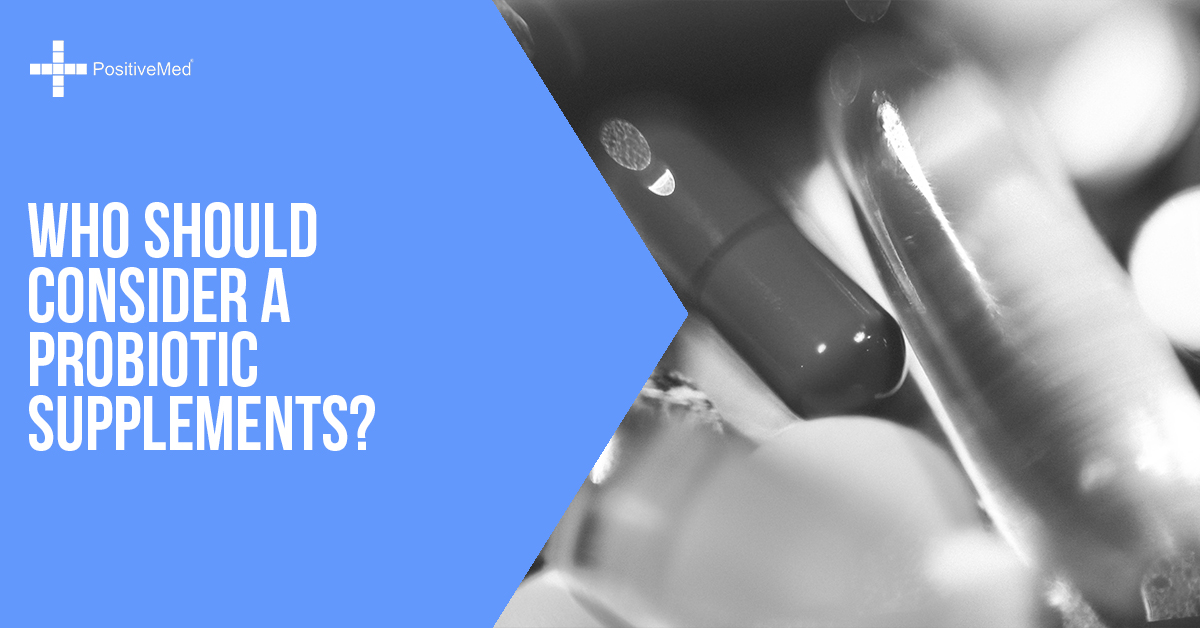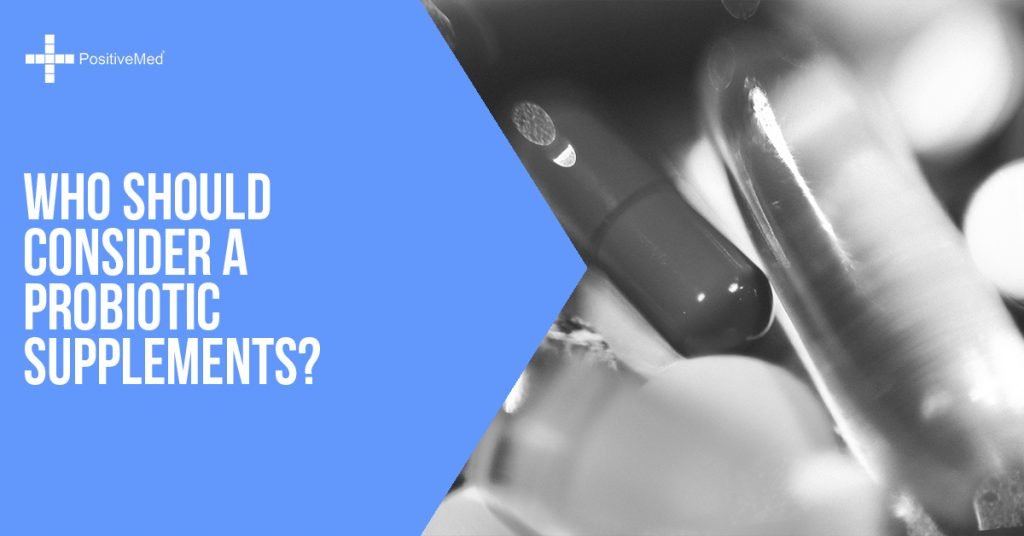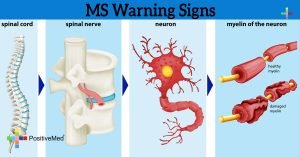Almost everyone has heard that probiotic foods are beneficial, but few people actually know what they do. You may wonder if you really need to eat probiotic foods since they do not seem that important. However, probiotics may actually provide many benefits for your body. Eating the right type of probiotics is normally helpful, but for some people, probiotic supplements can cause more issues.
What Are Probiotic Supplements?
A probiotic is a live bacteria culture that is beneficial to the human body. Medical studies have found that the human gastrointestinal system naturally contains over 500 types of bacteria. Unlike harmful bacteria that carry illnesses, these bacteria are helpful and natural. They assist the body in digesting food and killing bad bacteria. Probiotics naturally occur in foods such as yogurt, kimchi, and kefir. You can also get more probiotics by taking a helpful supplement. According to Harvard University studies, probiotics can reduce stomach symptoms by up to 60 percent.

Who Can Be Helped With Probiotic Supplements?
In general, doctors recommend probiotic supplements for people who have digestive issues. They help to digest food properly without any distress. If a person is constantly having upset bowels, it may be a sign that their gastrointestinal bacteria are not working. Patients with irritable bowel syndrome, cramps, or constipation can benefit from probiotics.
These supplements are also very useful after an appendix is taken out. The appendix is a small organ that normally harbors extra amounts of beneficial bacteria. If you have to have it taken out due to infection, getting extra levels of probiotics is a good idea.
RELATED ARTICLE: How Foods You’re Eating Impact Your Mini Moo
When Are Probiotics Supplements a Bad Idea?
Despite their many benefits, probiotics do not work for everyone. Patients with Crohn’s disease have gastrointestinal problems, yet no research has shown that probiotics help. If the stomach problem is not due to digestive issues, probiotics do not treat it. Some research also suggests that they can sometimes do more harm than good. People with weakened immune systems may be more likely to get bad bacterial infections after taking probiotics. Therefore, people with AIDS, cancer, or other serious medical conditions should not take excessive probiotics. Eating some probiotic foods is fine, but the high levels in supplements can cause issues.
Picking the Right Type of Supplement
All the many different options in stores can make it hard to pick the right probiotic. There are many choices because there are so many bacteria. At the basic drugstore, most mainstream brands will contain a mix of common probiotics. Bifidobacteria or Lactobacilli are the most widely available probiotic supplements. Though they work equally well for general stomach issues, bifidobacterium infants are particularly useful if you have IBS. To find the right type for you, read all the labels and ingredients in supplements. Though it is time-consuming, this is an important step to finding one that works for you.
READ ALSO: Balance Your Stomach Bacteria to Stop Weight Gain
What Happens When You Start Taking Probiotics?
At first, you may have a little excess gas or bloating. This is just a sign that your body is getting used to the extra probiotic help. After a few days, your digestive system should be much better regulated. You should notice a lack of cramps, bloating, gas, and abnormal bowel movements. If the digestive problem was caused by a lack of bacteria, it normally is gone within a few weeks. Probiotics generally survive well in the gastrointestinal tract. However, it can still be a good idea to keep taking the supplement after your symptoms are gone.






